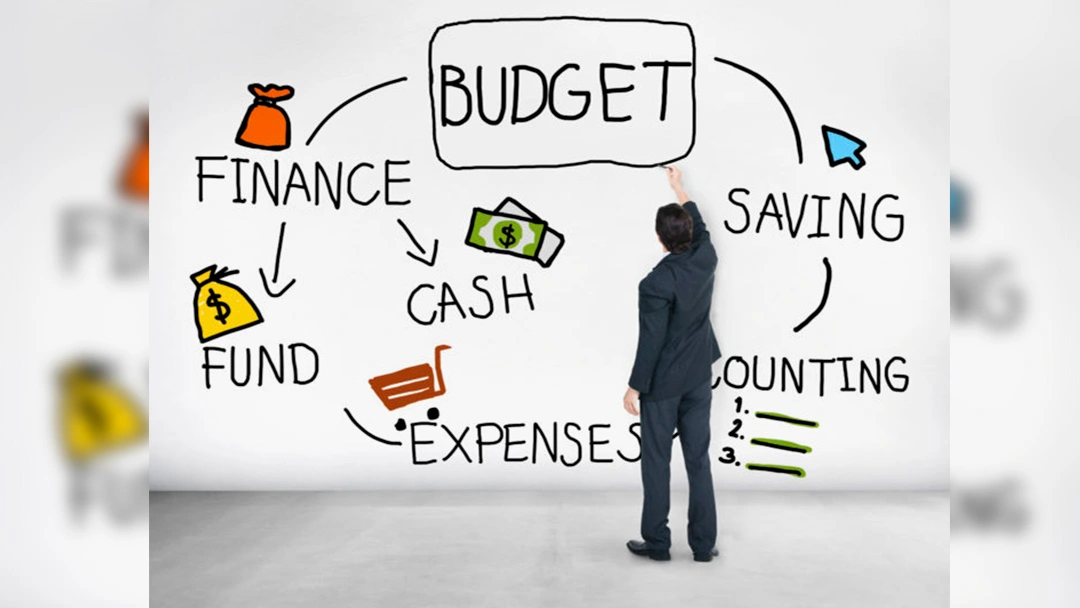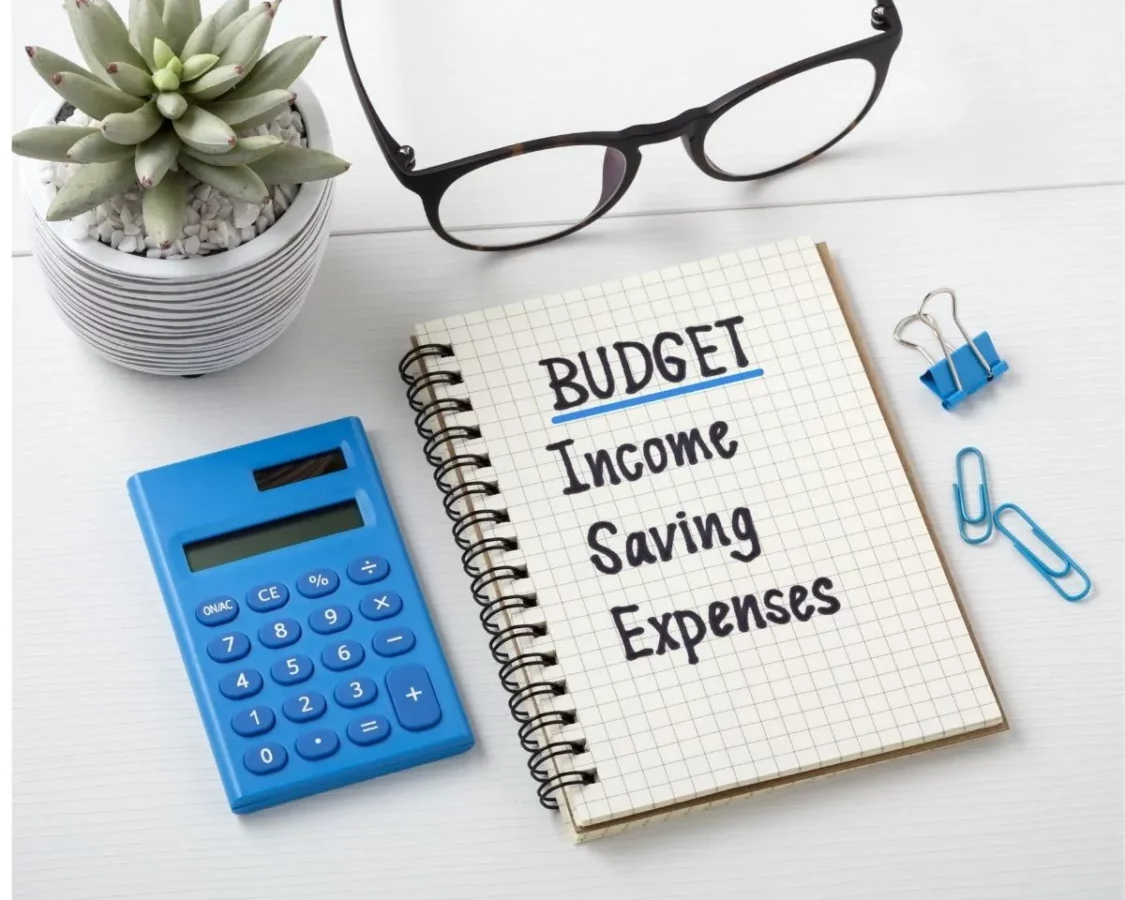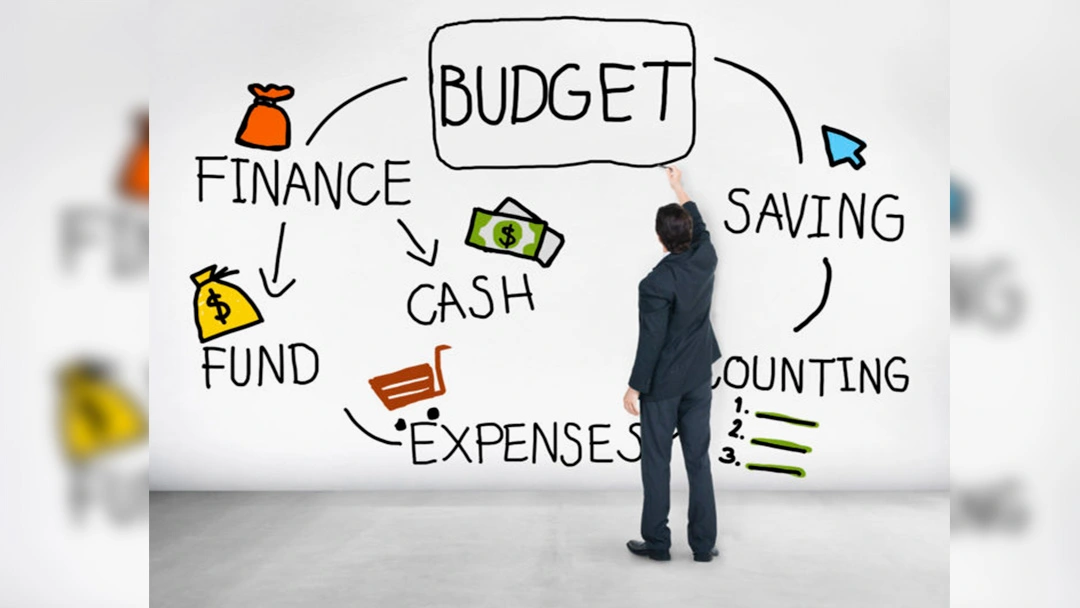Although income inequality and an increased rate of unemployment are major contributors to poverty, mismanagement of money plays a significant role in the same. Financial literacy is key in today`s world. It empowers you to make plans for the future and make sound financial decisions.
Here are some key basics of financial literacy;

Debt management. It is important that you reduce your expenses when and if you can. Doing this will let you have more money to pay off your debt. Budget your money and make a realistic plan and create a time frame to pay off what you owe.
Consider the interest rates and first pay off debts with a high-interest rate lest you end up paying more. Remember that borrowing only lets you afford things that you would have otherwise not afforded.

Budgeting your money helps you track your earnings and expenditure. It keeps you in check and ensures you have more than you spend. It allows you to set your short and long-term goals. For you to come up with your budget, you need to understand your income.
You also need to understand your expenditure and set your financial goals, both long-term and short-term. A budgeting method that as seemed to work for most people is the 50-30-20 rule. 50 percent of what you earn is allocated to your needs, 30 percent is allocated to your wants and the remaining 20 percent is directed to your savings.
Financial goal setting is meant to help you make progress with your money. The goals can be either short term like saving Ksh. 250,000. It can also be a long-term goal like saving for your child`s college fees. You need a clear understanding of your own personal aspirations and what you need to do in order to achieve them.
Read Also: Kenyans’ Financial Struggles Increases as Bread Prices Go up
Saving and investing is a sure way to build wealth over time. Investing money over a period of time allows your money to grow letting you reap big benefits. When saving money, it is safely kept for you. You can easily access it when you need to. This allows you to resist the temptation of spending unnecessarily.
Understanding the need for insurance protects you from unforeseen circumstances. Having your property insured for instance protects you from incurring heavy losses in the event of a calamity. Setting aside an emergency fund helps you handle financial stress that would have otherwise set you a few steps behind financially.
Subscribe to our Youtube channel Switch TV
Taking online courses, reading books and actively seeking reliable financial information can help you work on your financial literacy.
















